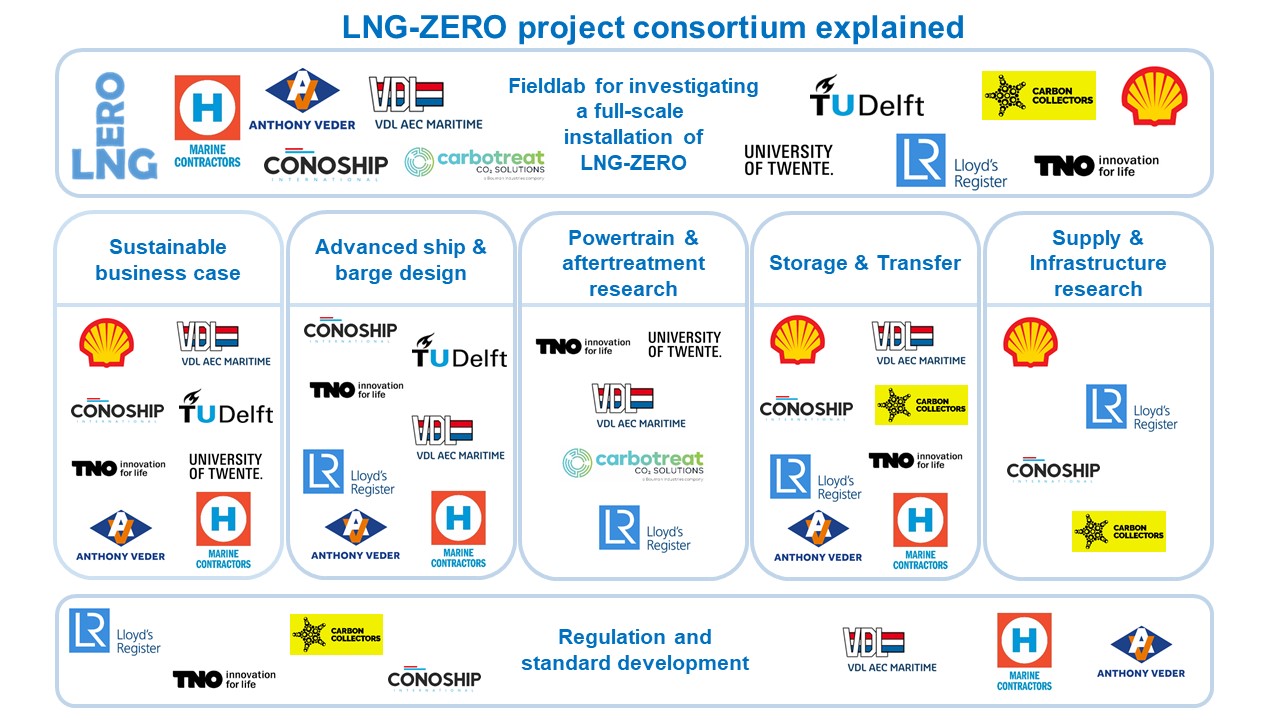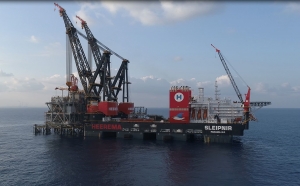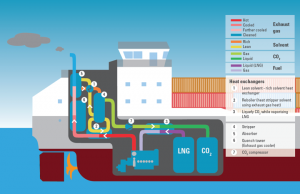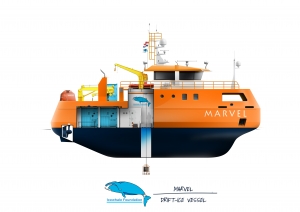Research Projects
We initiate and participate in various research projects on regional (INTERREG Northern Netherlands & Germany), national and European level in the HORIZON 2020-program. Our aim in these R&D-projects is contribute to the development of prototypes and apply the innovations in the new designs for our ‘early adapting clients’.
In EU-projects we cooperate with Dutch partners such as MARIN (Maritime Research Institute), TNO and Delft University of Technology and European partners like Rolls Royce, Wärtsilä, Lloyds Register, Meyer Werft and many others.
Please find our latest research projects below:










